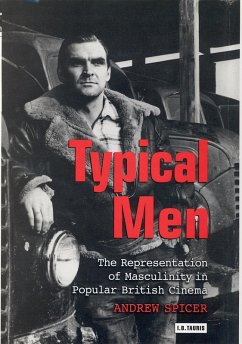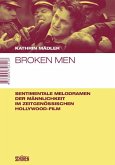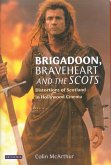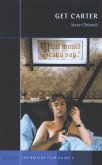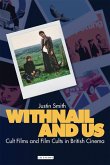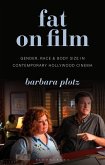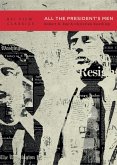Typical Men is the first book length study of masculinity in British cinema
and offers a broad and lively overview from the Second World War to the present day. Spicer argues that masculinity in popular fiction can best be
understood as a range of dynamic and competing cultural types which rise and fall in relation to shifting patterns of film production, audience taste and social change. Specific chapters are devoted to each of the major types debonair gentlemen, civilian professionals, action adventurers, the Ever yma n, Fools and Rogues, criminals, rebels and damaged men - which trace their changing histories through innovative readings of key films, together with a fresh look at the performances of particular stars including James Mason, Kenneth More, Michael Caine and Sean Connery. A final chapter explores the complex and hybrid types that have evolved within a volatile and unstable contemporary British cinema, now part of an array of interrelated media images of masculinity.
Typical Men will be of keen interest to those concerned with the cultural
history of gender, and its detailed and carefully contextualised interpretations of films afford a reappraisal of British cinema history, especially the neglected and despised 1950s.
'Andrew Spicer's Typical Men is a major intervention in debates about masculinity in the cinema. It takes a lot of intellectual risks, and locates cinematic stereotypes of masculinity in a cinematic and cultural context. It is trenchant and original, and redefines the field of gender representation.' - Sue Harper, Professor of Film History, University of Portsmouth
'The strength of this elegantly and wittily written book is that, in the precision of its detail about individual performances, actors and films, it never loses sight of its argumentative threads.' - Brian McFarlane, Screening the Past
and offers a broad and lively overview from the Second World War to the present day. Spicer argues that masculinity in popular fiction can best be
understood as a range of dynamic and competing cultural types which rise and fall in relation to shifting patterns of film production, audience taste and social change. Specific chapters are devoted to each of the major types debonair gentlemen, civilian professionals, action adventurers, the Ever yma n, Fools and Rogues, criminals, rebels and damaged men - which trace their changing histories through innovative readings of key films, together with a fresh look at the performances of particular stars including James Mason, Kenneth More, Michael Caine and Sean Connery. A final chapter explores the complex and hybrid types that have evolved within a volatile and unstable contemporary British cinema, now part of an array of interrelated media images of masculinity.
Typical Men will be of keen interest to those concerned with the cultural
history of gender, and its detailed and carefully contextualised interpretations of films afford a reappraisal of British cinema history, especially the neglected and despised 1950s.
'Andrew Spicer's Typical Men is a major intervention in debates about masculinity in the cinema. It takes a lot of intellectual risks, and locates cinematic stereotypes of masculinity in a cinematic and cultural context. It is trenchant and original, and redefines the field of gender representation.' - Sue Harper, Professor of Film History, University of Portsmouth
'The strength of this elegantly and wittily written book is that, in the precision of its detail about individual performances, actors and films, it never loses sight of its argumentative threads.' - Brian McFarlane, Screening the Past

